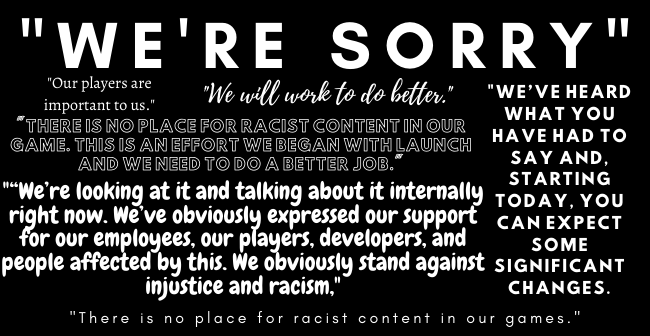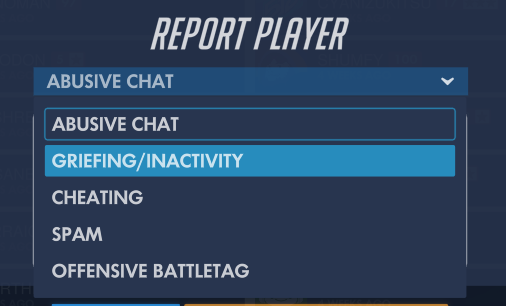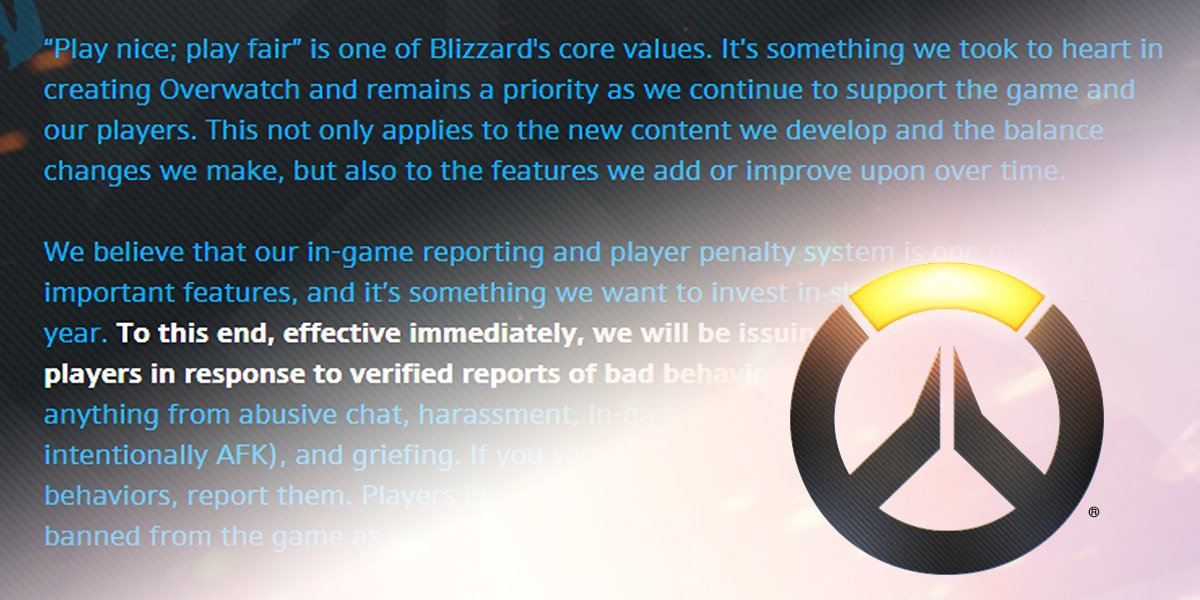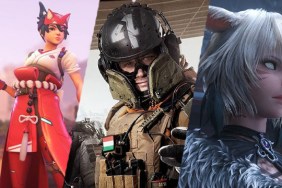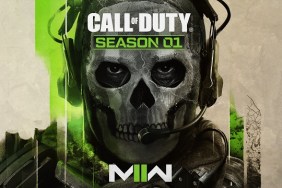“Fuck.” The enemy team’s Roadhog was named “Fuck.” No leetspeak. No cutesy way of censoring the unmistakable four-letter word. There it was on the opposing Overwatch team in front of me, hovering all around like a fart in a subway car. And it wasn’t that I was so offended and incensed by the usage of a word I use with some frequency that I immediately had to excuse myself. I was more befuddled and amused. I kept thinking of the line from Anchorman: The Legend of Ron Burgundy in which the eponymous protagonist converses with his dog, saying “You ate a whole wheel of cheese? How’d you do that? Heck, I’m not even mad; that’s amazing!” After all, I would have thought that Activision Blizzard would have some kind of safeguard against such an obvious foul word being used in name creation. Yet, there it was. (Editor’s Note: This is on the PC version of the game, not a PSN ID.)
But the slipping of such a word through the proverbial cracks is more indicative of the type of problem that faces online multiplayer games such as Overwatch, Valorant, Fornite, and especially a game like Call of Duty: Modern Warfare who finds itself back in the news this week in regards to the very thing I’m talking about now. Game companies aren’t doing enough to even do the bare minimum of combatting abuse and harassment, let alone going the extra mile that so many of them keep claiming for years on end that they will do. Online abuse is a real “Which came first: The chicken or the egg?” scenario. Does the caustic alchemy that is combining anonymity and complete strangers create an environment ripe for potential abuse or is that just the natural state of humanity manifest because of the caustic alchemy that is combining…? You get it.
I don’t have a philosophy degree so I’m not here to debate the nature of the human soul and how that relates to a tween in Idaho named KONY4HARAMBE calling me a “cuntbag.” What I am here to say is that game companies need to start better-enforcing their own rules in regards to harassment and safe game areas if the ever expect to create an actual welcome online environment for all. That starts at the most base level of what you’re allowed to name yourself as online. Some may call it a fair warning and say “Well, what did you expect?” It’s the way it’s always been. You can just report and ignore them. No harm no foul.
But it isn’t that simple. None of this ever is.
Just telling Black people, people of color, LGBTQ+, or women players to “just ignore,” or “block and report” the people that actively attack their mere existence in a gaming space doesn’t work. It merely empowers dirtbags who derive joy from messing with people to keep on keeping on, waiting for their next target. It also shouldn’t be on the onus of players to self-regulate the incoming toxicity of their own game experiences. Too many times I’ve been stuck in voice chat during a multiplayer game and been forced to deal with the same type of behavior and harassment where the only option is to self-sabotage communications. After all, if I’m playing in Ranked in Overwatch–a mode where success greatly hinges on communication and teamwork–and someone starts shouting racial slurs or screaming into the mic, my literal only options are to suffer through it or cut off that mode of communications by either silencing that person or leaving voice chat entirely. Both options suck.
This is made even worse when someone is faced with targeted harassment in chat and nobody speaks up. This is often because the last thing anyone who has waited in a queue for 10 minutes to play DPS is immediately nuking one of their main paths to victory. So, people don’t speak up. They don’t speak out. And why would they? There is, effectively, zero consequences to being an online dirtbag in video games. Very rarely do online abuse and harassment seem to lead to actual punishment, and even if they do, the endless waves never stop because the consequences don’t seem real to these players. Sure, you can silence and report them but that has shown across multiple games that it isn’t a deterrent. In games such as League of Legends and Overwatch the usual solution to an account ban is smurfing–creating a new account with the purposes of beating up on lesser skilled players.
And all of this stems from a lack of enforcement of policies and rules that developers continually tout but never actually apply, at least in any capacity that is noticeable to players suffering from the problems. Cheating? Sure. Account bans and developer posts gloating about how many players were banned all around. But the minute someone tells a woman in voice chat to “play a healer or quit” all we get are shrugs and “Well, we don’t want to stifle communication and creativity amongst the players.”
Uh-huh.
There’s a reason why my wife refuses to even step foot in Ranked mode on Overwatch. (Editor’s Note: Same with mine, and forget her ever being in public voice chat.) There are reasons why you can find entire compilation videos of the harassment that targeted groups of players. There’s a reason why poor online behavior is only being diverted or rewarded when a player says to “just put them on mute.” It’s because not enough is being done to reinforce the idea that online spaces are to be kept safe. It starts at the ground level and statements from publishers like Activision that say “we’re trying our best to combat this” ring hollow every single time.
And that’s all just considering targeted harassment. Beyond that problem, there is ample evidence of persistent casual racism and hateful content just for the sake of being hateful. It’s in usernames. It’s in the way people talk and the words they use, whether or not they are targeting someone specific or not. Casual toxicity is just as harmful as anything directed at an individual.
Here’s the dirty secret I’ll leave you with: Allowing this abuse has an effect on the real world. It’s a testing ground where impressionable kids are exposed to toxicity in its purest form and the bigots of the real world who can’t say the things they want to say in real life go in order to voice those toxic thoughts. Do you think a person who makes jokes about the death of a Black man, or yells about how much they hate anyone who is gay, or tells a woman she shouldn’t be playing a video game doesn’t think those things all the time? A lack of rules meant to keep everyone safe online is merely empowering to those who hate and a metaphorical changing room to try on the clothes of a bigot for those more impressionable. It’s a dress rehearsal for the abuse of the real world. And more in-line with esports: How do you ever hope to create a robust, diverse player base when you do so little to protect potential long-term players and fans?
It’s time for companies to start enforcing their own rules with more evidenced action instead of constantly saying they’ll do better. If what is going on in the world right now has shown us it is that the time to do better is now. There is no more “in the future.” To quote a particularly apt song for the moment: “It has to start somewhere, It has to start sometime, What better place than here, What better time than now?“
